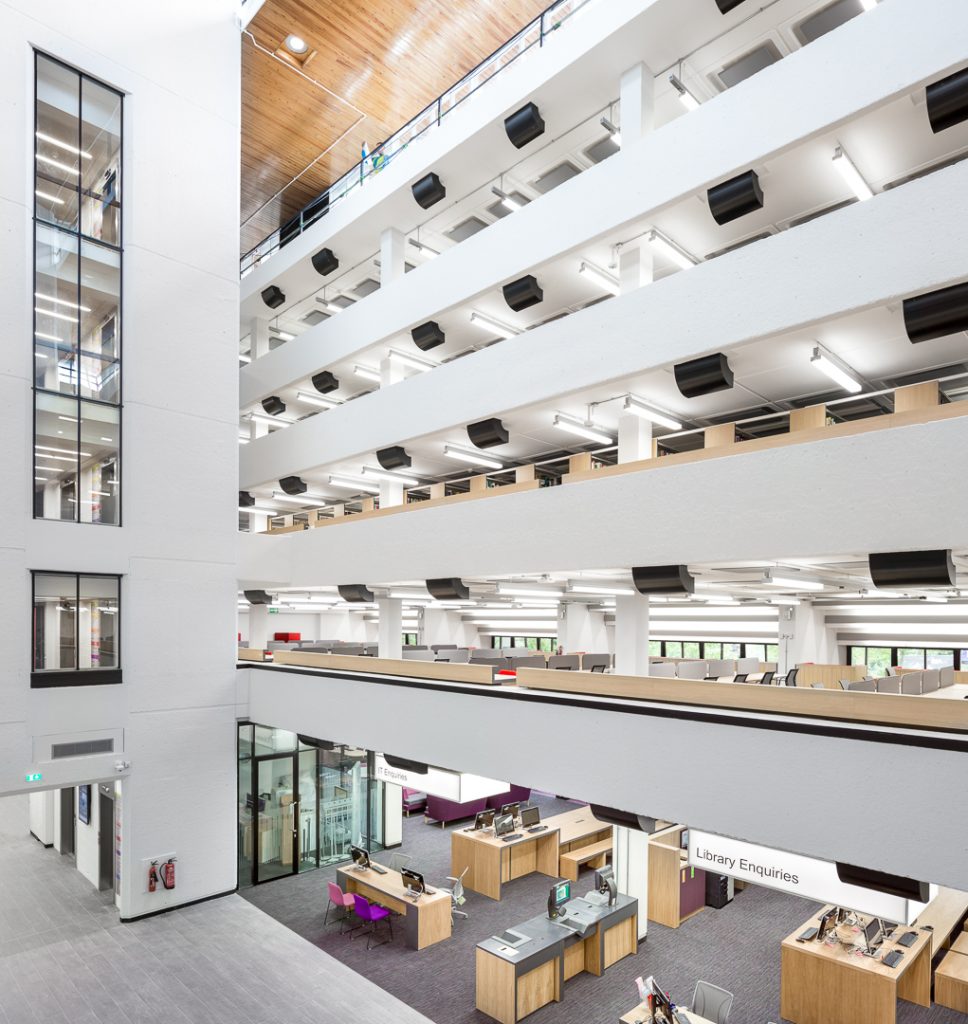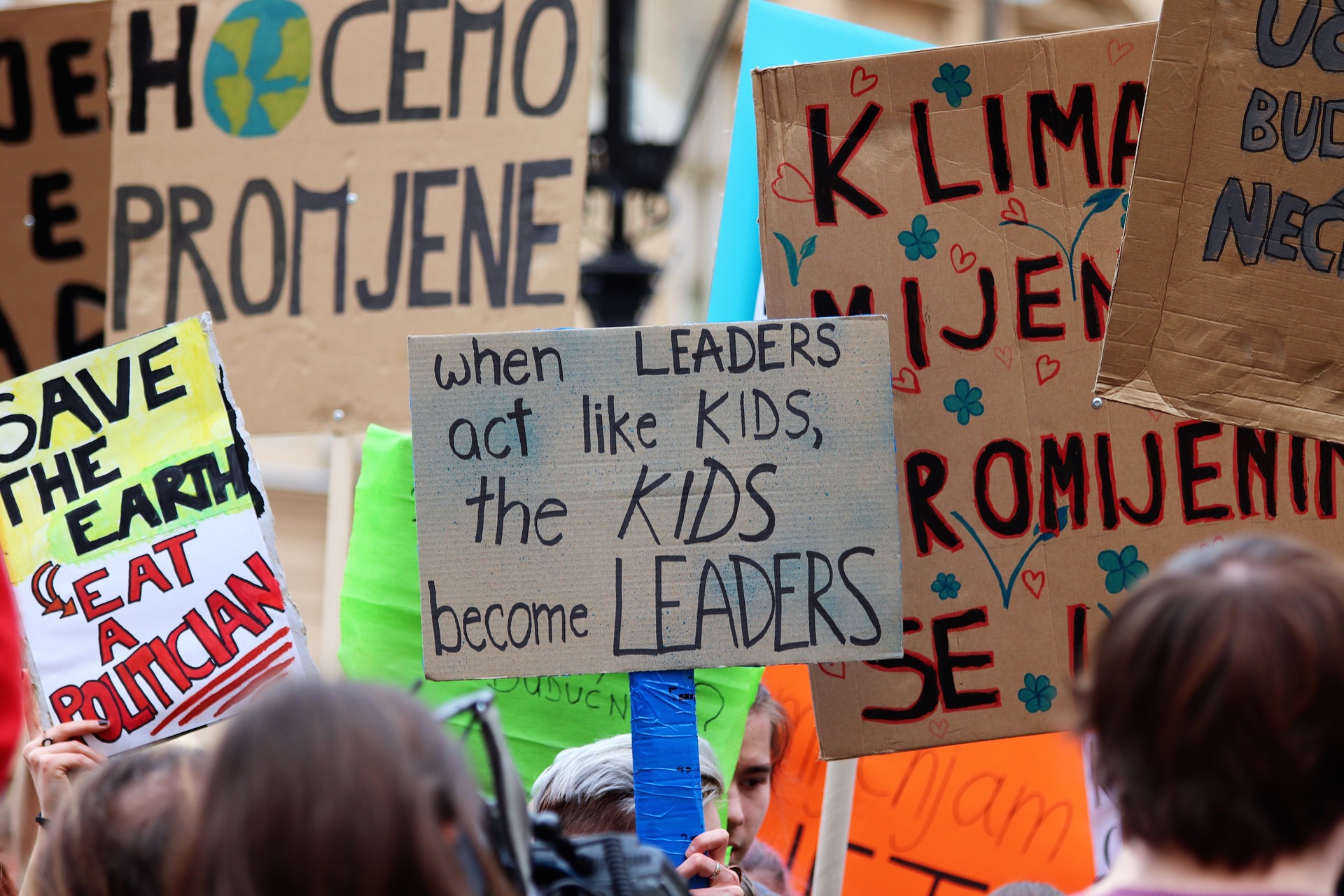
CANCELLED: Researchers Turning Activists: Climate Emergency and the Alliance Between Scientists and Environmental Activists
This workshop is primarily aimed at MA Research students and Post-graduate Researchers in the Civil Society, Development & Democracy (CDD) Pathway, however may be of interest to those students on the Cities, Environment & Liveability (CEL) Pathway and the Sustainable Growth, Management & Economic Productivity (SMP) Pathway also.
Over the past year the unfolding crisis of climate change was brought back to public attention and the political agenda thanks to environmental protests by Extinction Rebellion, Fridays for Future and others. Many researchers, who work on climate change and its wider consequences, came forward to speak out and support the protests, some even joined the protesters in the streets. However, usually academics are reluctant to go beyond communicating science and to become political activists. Many researchers feel that a boundary between science and politics must be upheld to maintain the credibility of science beyond political ideologies and agendas. But is that feasible and sensible in the context of climate emergency? The restraint has led to criticism from civil society, who at times express frustration over academics’ reluctance to support them more openly and radically.
Which role and stance should and can researchers adopt? Can and should researchers be activists? What are the benefits, what are the dangers? These questions are not only relevant for researchers interested in climate change but equally to researchers working on gender, racism etc. And of course there are important links between climate change, feminism, racism, inequality etc. In this workshop we will discuss the climate emergency from various perspectives (incl. eco-feminist perspective and why climate crisis is a racist crisis) and we will discuss scholar activism in the age of climate emergency.
Aims of this workshop
- Research: to sensitise students to climate emergency and how the climate crisis may be relevant to their own research. Students will be encouraged to relate various themes linked to climate change to their own work.
- Visionary & Practical: to gain a better understanding of scholar activism and consider ways in which their own visions of a better future might be translated into action. Students will be encouraged to think beyond impact, to envision what they can do beyond mainly offering critique.
Workshop Leader/ Organiser
Speakers
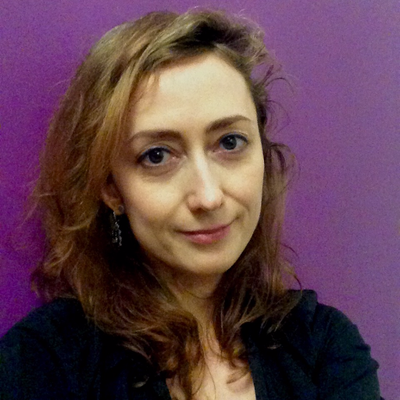
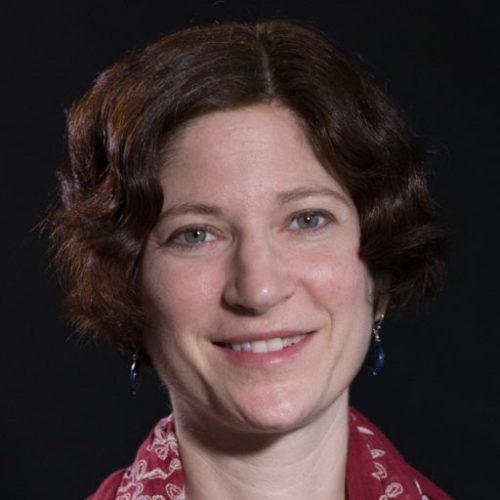
Before coming to the University of Leeds in 2011, Prof. Steinberger was a Senior Researcher at the Institute of Social Ecology in Vienna (SEC), where she investigated sustainable cities and the links between material use and economic performance. he has held postdoctoral positions at the Universities of Lausanne and Zurich, and obtained her PhD from the Massachusetts Institute of Technology. She has published over 40 internationally peer-reviewed articles since 2009 in journals including Nature Climate Change, Nature Sustainability, WIRES-Climate Change, Environmental Science & Technology, PLOS ONE and Environmental Research Letters.
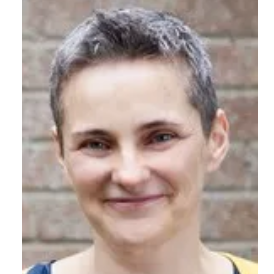
I pursue this re-conceptualisation of sustainability through three interrelated foci:
(i) sustaining a more-than-human world (ii) sustaining research, and sustaining research data and (iii) sustaining communities and movements (feminism)
Speakers

My research has been particularly focused on how spatial processes and relations of social movement practices are manifested across a variety of scales; how the particularities of specific places influence the character and emergence of various forms of conflict; how social movement practices are constitutive of different relationships to space; how social movement behaviours and practices are symbolically and materially mediated through discourses and images created by the social movements themselves and by the mass media; and the operational logics of social movement networks. My research here has taken two distinct paths. First, it has focused upon peasant movements resisting destructive neoliberal development in the Global South. My research has incorporated the political economy of development in South Asia (particularly, India, Nepal and Bangladesh); the role of multinational and transnational organisations in the development process; the economic, political, ecological and cultural effects of development upon societies at the national, regional and local levels; the popular response to this process in the form of social movements; the mediation of social movement agency by the specifics of place; and the identities created by those engaged in resistance practices.
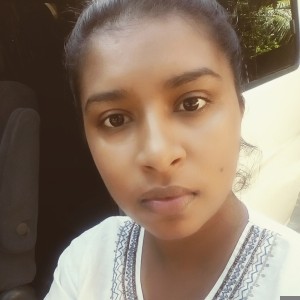
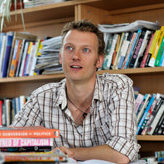
His recent books include Low Impact Living (Routledge) (20% off with code DC361) and Unlocking Sustainable Cities with Pluto Press. (see book website @ www.unlockingsustainablecities.org) He is also co-founder of the public charity 'Antipode' dedicated to research and scholarship in radical geography and an associate editor of the journal 'City'
Please note: Students are responsible for arranging transport to all Pathway specific organised training. The WRDTP cannot reimburse you for travel to and from Pathway training sessions.
Hourly Schedule
Programme
- 12.00pm - 12.30pm
- Climate Emergency - What Science Tells Us
- Julia Steinberger
- 12.30pm - 12.50pm
- Climate Emergency - Feminist Perspective
- Niamh Moore
- 12.50pm - 1.10pm
- Climate Crisis as a Racist Crisis
- Anupama Ranawana
- 1.10pm - 2.00pm
- Lunch
- 2.00pm - 2.10pm
- PGRs reflect in pairs how climate emergency relates or should relate to their research (start over lunch)
- 2.10pm - 2.30pm
- PGRs feedback what they discussed in pairs in interaction with the speakers
- 2.30pm - 2.50pm
- What is Scholar Activism?
- Paul Routledge
- 2.50pm - 3.10pm
- Our Future Leeds
- Paul Chatterton
- 3.10pm - 3.20pm
- PGRs discuss in pairs on how (scholar) activism is relevant in their work
- 3.20pm - 3.30pm
- Coffee break
- 3.30pm - 4.30pm
- Panel discussion on the research activism link with all speakers
- Questions to be discussed; Should the boundary between science and politics be upheld?; Which role and stance should and can researchers adopt?; Can and should researchers be activists?; What are the benefits, what are the dangers if researchers turn activists?
- 4.30pm - 5.00pm
- PGRs ask panellists questions, discuss with them research ad activism

